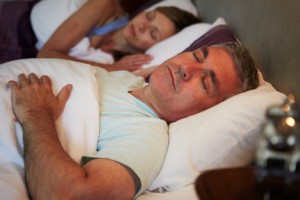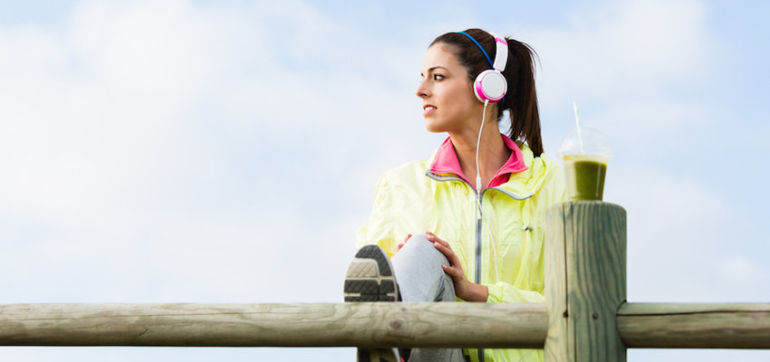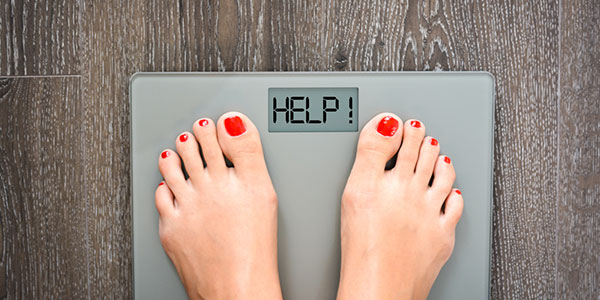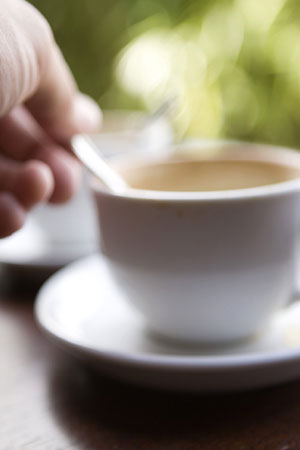Should You Bother with Fasted Cardio?
For a few years now a certain section of the population have been dragging themselves out of bed, imbibing nothing more than some water and maybe a coffee and hitting the treadmill for some long, steady pace cardio, bed-head intact. These hopeful souls were doing fasted-cardio, the pseudoscientific way to burn more fat.
The pseudoscience seemed legit and compelling: When you wake in the morning after not having eaten in several or more hours your body is low on fresh supplies of glycogen/carbs, the body’s preferred energy source. Theory is, under these conditions the body will then shift to its secondary source for fuel — fat.
But time an again this science has been debunked by actual science. A few points to note:
Control group studies
In a study for the Journal of the International Society of Sports Medicine, 20 young females were divided into two groups and asked to do morning cardio. Group A did it fasted. The other group fuelled up before. Ultimately both groups took in the same amount of calories daily. If fasted cardio had merit, group A would have lost more weight. But the results did not show that. Both groups lost exactly the same amount of weight so the conclusion is it doesn’t matter when you eat — before or after working out.
Long, steady-pace cardio is not the most effective way to burn fat
It might be true that one burns more fat/calories during an hour-long steady-pace, low intensity cardio workout then during a 20 minute or less HIIT session. BUT, what happens next is where the big difference lies. As soon as you finish your low intensity cardio, your fat burning stops. Unlike when you perform intense interval training or lift weights. In both these cases you have “afterburn” where you body will continue to operate at a higher metabolic rate for up to 24 hours after. The end result is that you end up burning up more calories over time.
Spare your muscles
Whenever you are trying to lose weight you want to be losing fat — not muscle. Muscle loss will result in a lower metabolic rate and you most certainly want to prevent that at all costs. When you don’t eat for several hours your body will find a way to feed itself: You will become catabolic. This is when your body begins breaking down the protein already in your body for food ie. your muscles.
To spare muscles, you want to fuel up with some protein and carbs prior to training and ideally sip some BCAAs during.
Reduced performance
It’s clear that higher intensity training yields greater results. Simply put, the more you give, the more you get more back. Attempting to go hard under-fueled will likely lead to impaired performance for most, thereby wasting your time that could have been better spent.
If you really love fasted cardio…..
If you’ve made a habit of fasted cardio and love it for whatever reason who am I to tell you to stop. Do it. There are some people who have never made a habit of eating breakfast and physically just don’t feel good when they force themselves to. These people will not likely be able to workout at all after eating. Now, you don’t have to eat lots of food before training. In fact, you shouldn’t ever, really. As little as about 20 to 25 grams of protein and some carbs should do the trick.
-
Running But Can’t Lose That Belly Fat? Try This [VIDEO]
For many people, running is the holygrail of weight los
-
Lose Weight Even When You Eat at Restaurants
Fast food means fat food for most of us.
-
Lipo Boom Reality
Are you feeling down and out? Do you feel even worse when you look i
-
How To Lose Fat
Everybody wants to do it. Everybody has a million ideas about how its
-
How to Find the Top 5 Weightloss Meds?
The Real Secret of Weight-Loss: Powerful
-
Can’t Lose Weight? Follow These Great Tips!
Lots of folks work on losing weight constantly. There are many w
- DON'T MISS
- Drink Your Way Into Balance!
- The easiest method to Acquire Six Pack Abs
- Cabbage and Chicken Soup Diet
- A Fun Fall Workout To Get A Great Butt
- Weight Loss Made Easy Through Hcg Diet
- Want the Fastest Way to Lose Weight?
- How To Motivate Yourself To Lose The Weight
- Greatest Weight Reduction Workout and Diet regime Plan For Busy People
- Organization At Its Best
- Idiot Proof Diet-Weight Loss-online Diet Generator-Diet Hand Book-Dieting Tricks




